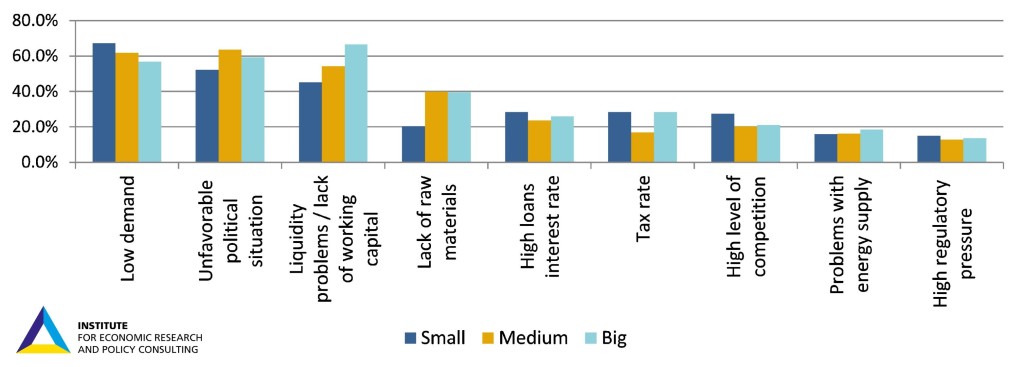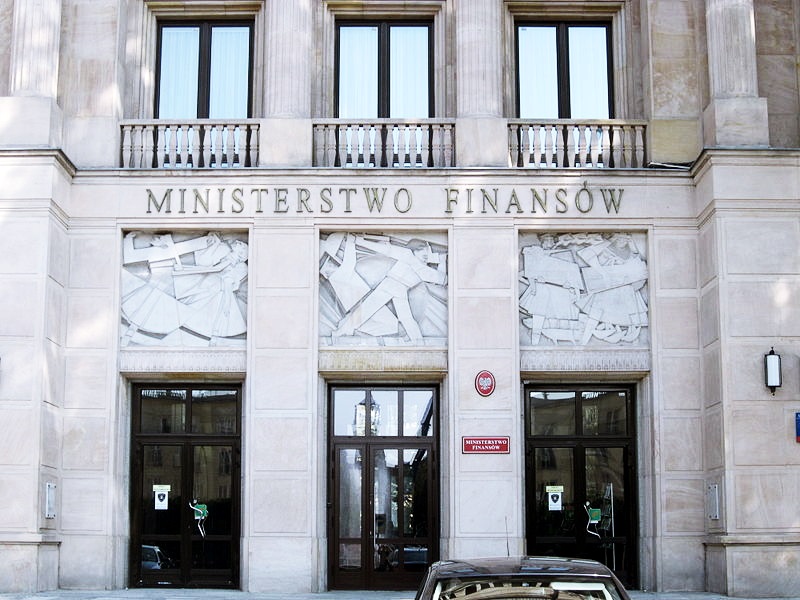
Ukraine 2016: Closer to Stabilization, Far Away From Growth
BY
The Institute for Economic Research and Policy Consulting - Kyiv / May 5, 2015
The economic situation in Ukraine in 2015 and 2016 will depend on progress in externally supported reform program and on stabilization in the Eastern Ukraine. Fiscal consolidation, decline in real wages and unemployment will cause reduction of real private consumption. Weak hryvnia, despite dragging down consumption and investments, helps to increase fiscal revenues and narrow the current account deficit.











